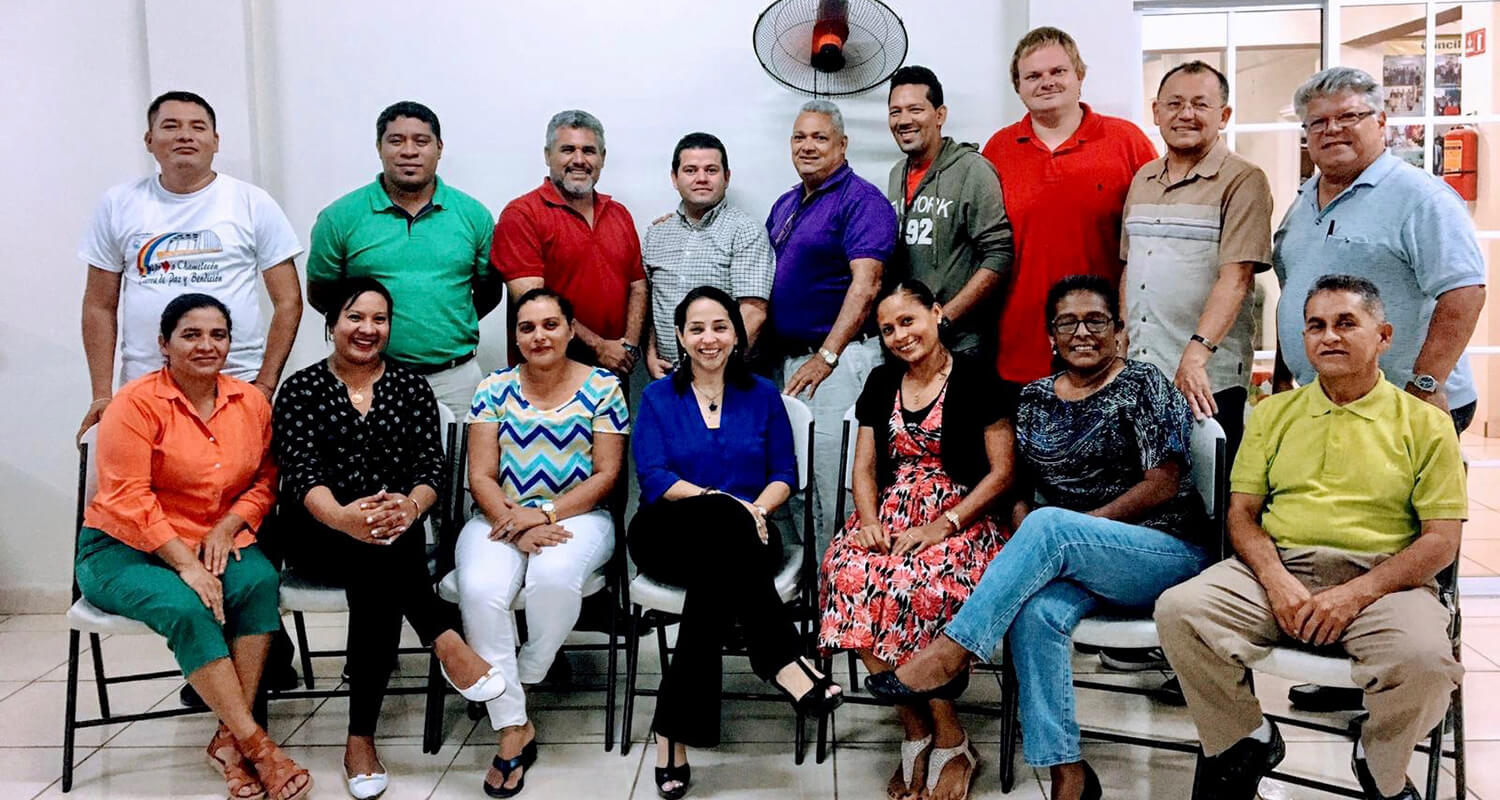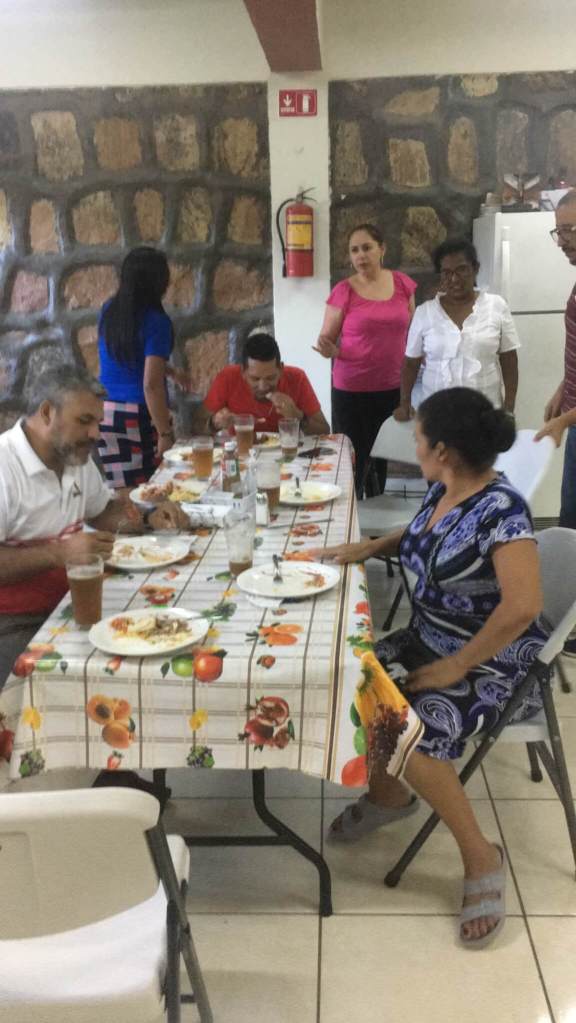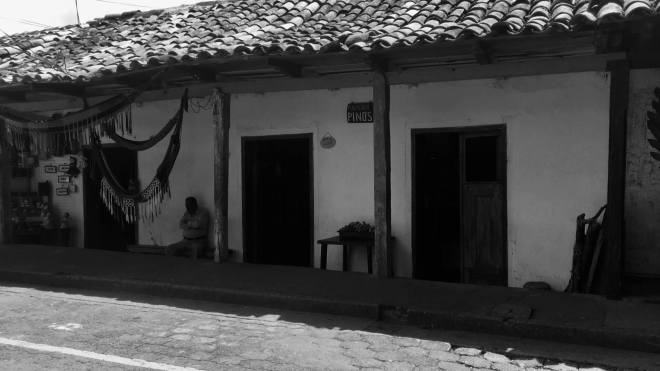Implementing class meetings in Honduras

By Osias Segura-Guzmán and Edgar Avitia Legarda
November 6, 2019 | ATLANTA
Most Central American countries are experiencing severe political and economic instability, violence, corruption and social fragmentation. Yet, these same countries embody a colorful context packed with a cultural richness that surpasses understanding. Within this context, we see the complexity of forced migration resulting from fear and lack of opportunity. We need a church with a spirituality and doctrine that addresses and ministers with these communities and speaks to these issues.
Because of these challenges, we believe a renewal movement for congregational development is necessary, as is the case in Honduras. Thank God, what gave birth to the Methodist Church was a renewal movement in the 1700s, known as the Methodist Movement, from within the Church of England. As such, historically, we are familiar with renewal movements!
John Wesley most often preached and ministered in the rough, violent places of his time, seeing and working from the goodness of people and communities. Those experiencing salvation were organized into small groups to receive care and practice accountability and holiness in their daily lives, living under the Methodist General Rules. For some pastors, organizing small groups in which people reflect upon how they live and what they believe is not easy. Here are some observations about why we believe this is a challenge in the Honduran context.

PHOTO: OSIAS SEGURA-GUZMÁN
Taking shelter inside the walls
There are contextual mission challenges that need to be confronted by local pastors of the Honduras Mission Initiative. Missionaries are called to walk alongside local leaders, inspiring them to identify, ask and respond to the tough questions they encounter. We listen to the Holy Spirit together to develop a renewal movement. We emphasize this because incorporating change is a slow process that needs reflection and evaluation at each step. We understand missionary work as the sacred task of discernment and patience, walking alongside local pastors who must usher in changes as leaders.
First, Honduras is in one of the most violent regions of the world. Along with other countries in the region, it has become an alley for the trafficking of drugs and humans, gang violence and extreme poverty that feeds migration; at least in some localized regions. This creates a complex chain of evil that is like a hurricane of violent exploitation toward women and children on our continent. At the same time, we witness uplifting resilience and creativity within the impacted communities – a paradox central to our theology of sanctification.
These socially complex issues, along with poverty and, in some cases, in neighborhoods controlled by gangs, create a difficult environment in which to do ministry. Some Christians make their churches safe havens, where members can escape or partially circumvent this violence and insecurity. We can understand the need to construct a church behind high walls, with cameras and guards. But a missionary, walking alongside the pastor, asks, “how do we serve the parish in mission,” a challenging concept for the church. How can the local church be a place to find stability amid the violence, unemployment, and extreme poverty, and at the same time, be a place for mission, which, by definition, means going outside the protective walls?
Currently, most churches have home worship groups during the week, but we believe there would be more spiritual growth by adding other models for small groups, such as Class Meetings. Wesley’s Class Meetings were designed to disciple new members engaging in a process of holiness, not just with works of piety, but with works of mercy. Thus, the call is to form small groups for reflection and growth as they serve with their communities.
Second, most churches in Honduras are filled with at-risk children and women. Some leaders in the structure and some pastors, who are most often men, complain about low wages and therefore welcome financially stable families in their churches, but not at-risk children who bring no financial gain. In these contexts, most churches tend to be adult-centric and male-oriented. There is a lack of discipleship opportunities for women and at-risk children. And there is a lack of vision at times, not realizing that evangelization may take more than one generation to bring about fruition. Thank God, we can now witness, in some cases in Honduras, that the second and third generations, with opportunities for some to attain higher education, have started to solidify local church ministry.
Discerning God’s work in the community

PHOTO: OSIAS SEGURA-GUZMÁN
Pastors need qualitative data to understand the realities in which they serve. To ask the tough questions, we began a project this fall using data on Sunday worship and Sunday school attendance by age and gender, along with other data to evaluate the state of the mission in Honduras. Data can answer questions, such as: How are we ministering with children, women and the elderly? Is our church attendance increasing? Who is joining our congregation, new believers or “church hoppers?” How are we providing them with care and accountability to walk under the guidance of the Holy Spirit?
Finally, a menace that most our congregations in Honduras (and much of Latin America and the Caribbean) face is a cheap spirituality that provides magical answers to the above contextual challenges. The region has been inundated by “prophets” and “apostles,” promising prosperity and offering spiritual warfare to stop the demons that produce violence, poverty and political instability. The church faces evil and wickedness in all forms, but this neo-Pentecostalism responds to people’s superficial need for fast and miraculous solutions to fix their problems and provide church entertainment as an emotional escape. Such religious competition is tempting, and some small-church pastors fall into the trap, at least partially.
“Evangelical” media, internet, TV and radio are inundated with products such as music, sermons, and “miracles.” Some of our pastors may not be in full accordance with neo-Pentecostal doctrines, but they have adapted organizational practices that can be toxic. For instance, it is typical to find monolithic pastors who, along with their families, control and micromanage all areas of ministry in a congregation. Worship becomes a time for performance, and very dangerously, for improvisation. There is no need to plan liturgy, and even the sermon is constructed right in the moment.
To implement Class Meetings, we need to develop lay leadership beyond the pastoral family, and we need planning, organization and evaluation of the impact these small groups are having in the life of the people. We tackle basic questions in small groups, like: What do we Methodists believe? How are we living what we believe? How are our people working out their salvation?
People immersed in rough and violent contexts need space to discern their walk toward holiness of heart and life. Are we living what we believe? How is it with my soul? Are we loving God and our neighbor? Creating these spaces for reflection and discernment may not be easy, but neither is incorporating organizational change in congregations in contexts of violence and poverty. It is even more difficult when we recognize that, among many United Methodist congregations, Class Meetings and the General Rules have simply been forgotten, written relics in our Book of Discipline. The implementation of Class Meetings for congregational development in Honduras may take a while, but every step is being evaluated and prayerfully considered as we ask tough questions to engage the world in mission.
Dr. Osias Segura-Guzmán is a Global Ministries missionary and coordinator of curriculum and small-group leadership development for new churches in Central America.
Edgar Avitia Legarda is the regional representative for Latin America and the Caribbean with Global Ministries.

